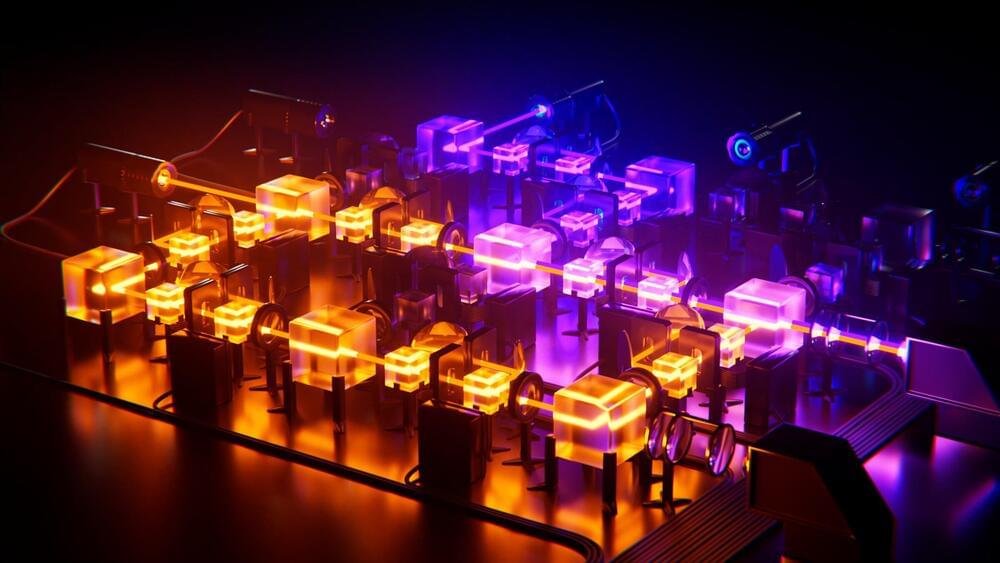For human researchers, it takes many years of work to discover new super-resolution microscopy techniques. The number of possible optical configurations of a microscope—for example, where to place mirrors or lenses—is enormous.
Researchers at the Max Planck Institute for the Science of Light (MPL) have developed an artificial intelligence (AI) framework which autonomously discovers new experimental designs in microscopy. The framework, called XLuminA, performs optimizations 10,000 times faster than well-established methods.
The researchers’ work is published in Nature Communications.
